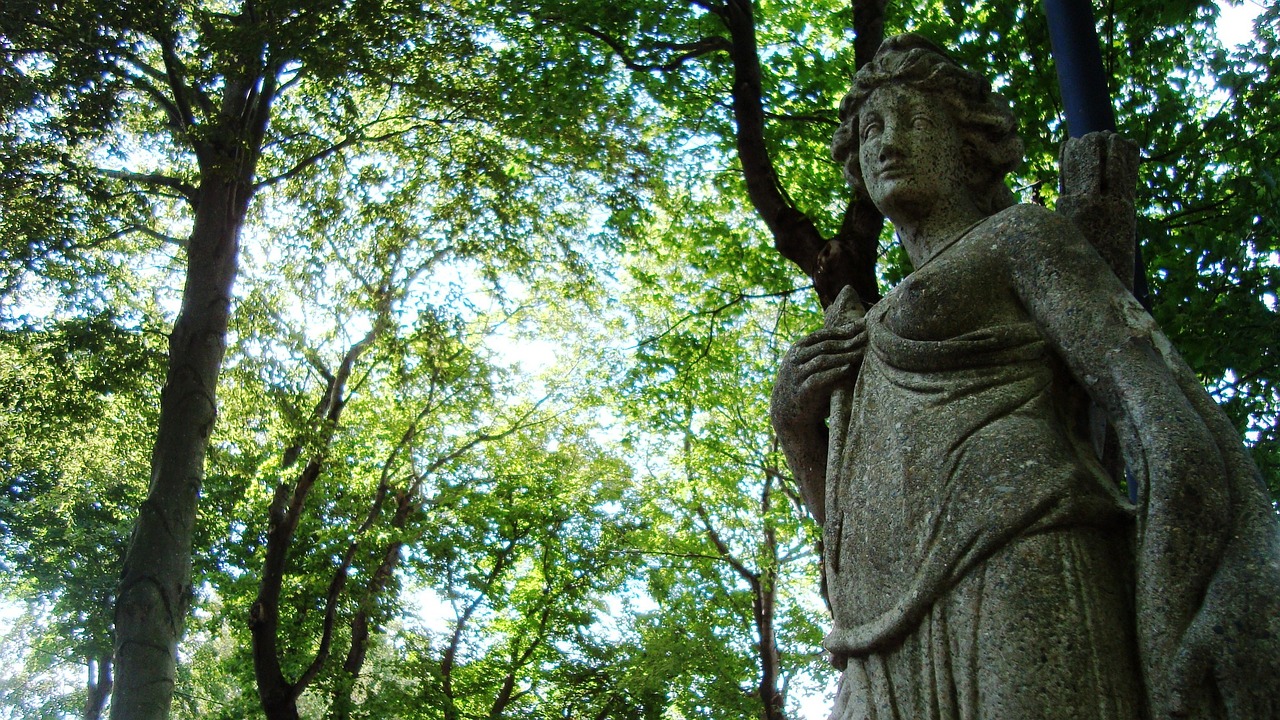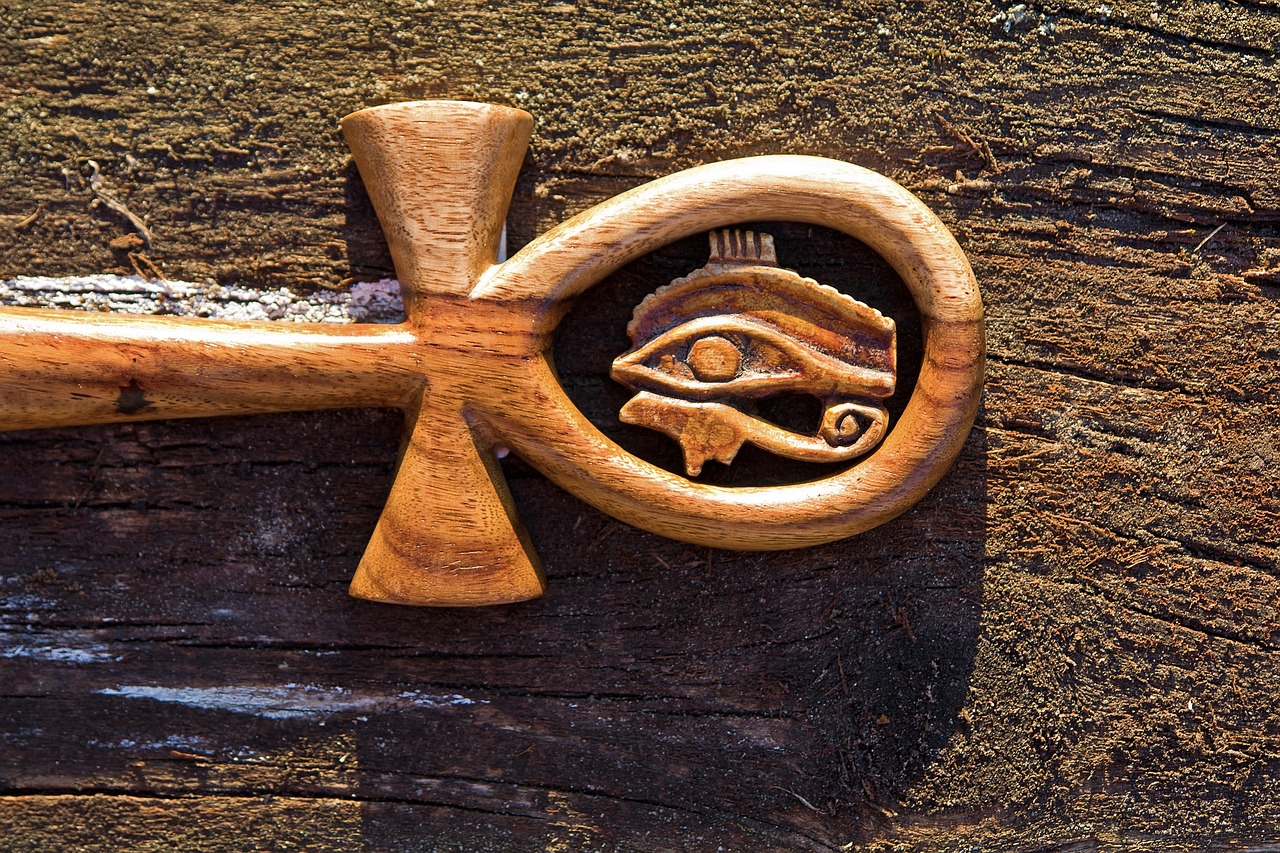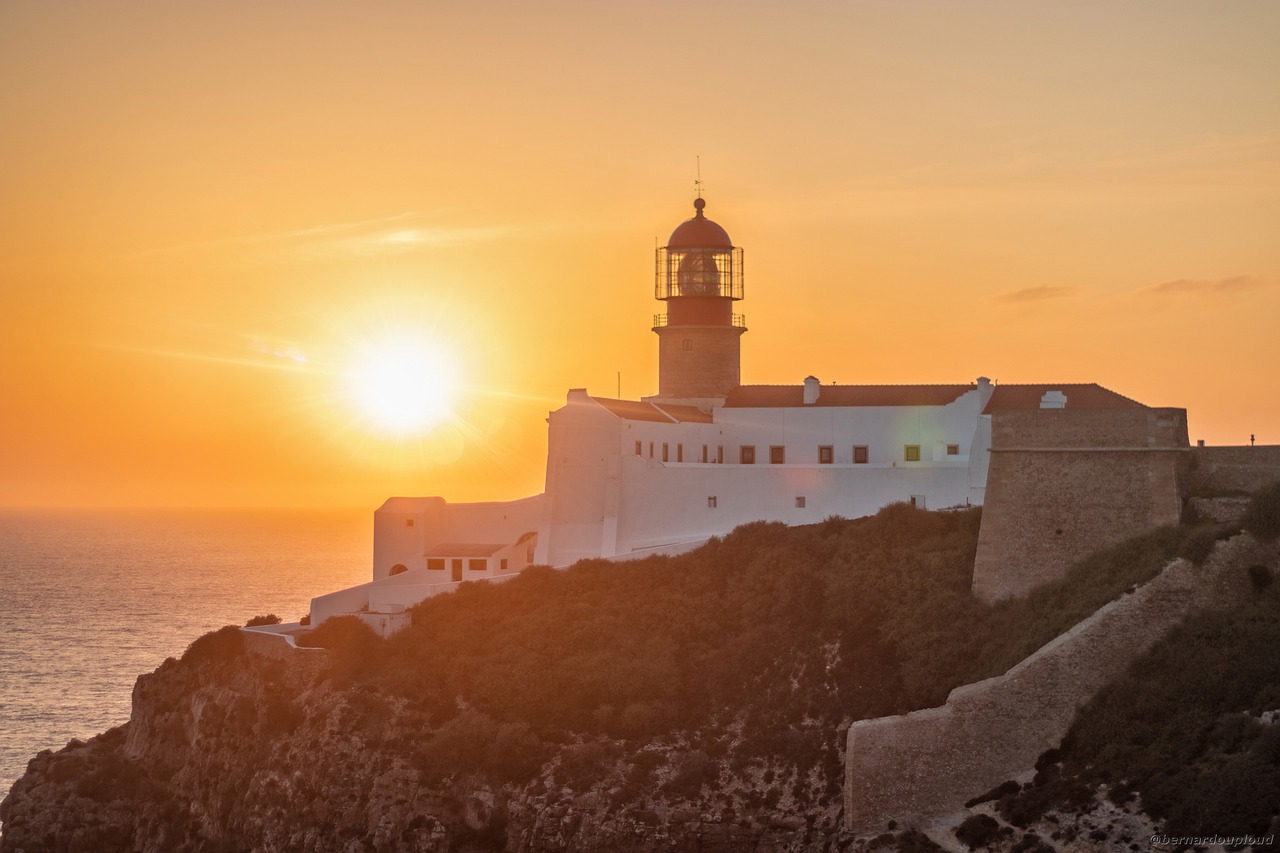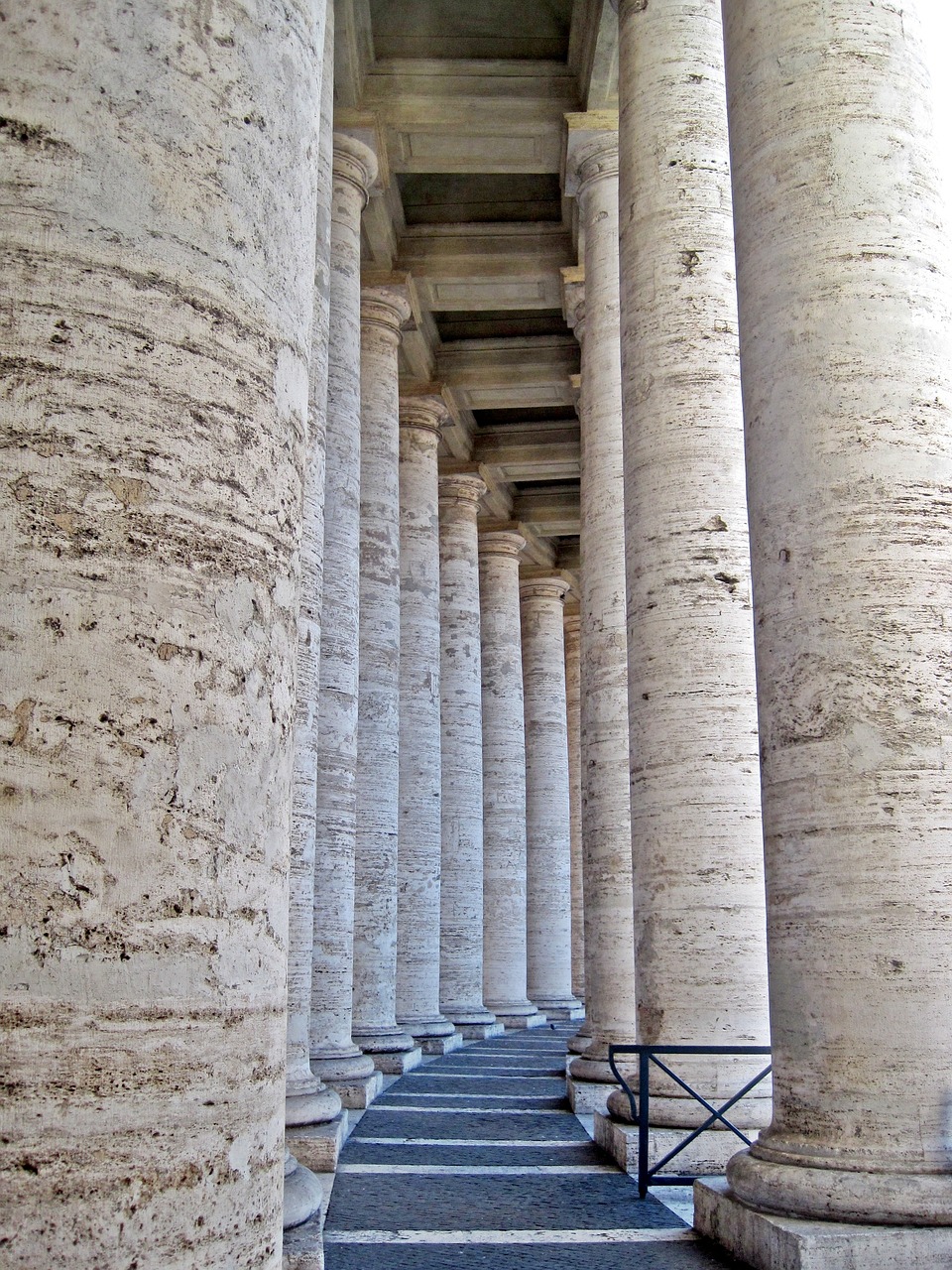Author: Sun WuKong
-
The Each-Uisge: Scotland’s Sinister Water Horse – A Harrowing Folklore The fog looms thick above the Scottish lochs, enveloping the reeds in a ghostly embrace. A chilling breeze cuts through the air, instilling a deep-seated shiver as silence envelops the landscape. It’s a quietude that feels laden with eerie foreboding, a stillness capable of silencing…
-
Hermes: The Multifaceted Olympian God Overview What Hermes Represents Hermes, an essential figure in ancient Greek mythology, held a diverse range of roles and functions, embodying various aspects of life and society. Here are some of Hermes’ primary domains: God of Heraldry: Known as the patron of heralds and messengers, Hermes provided protection for those…
-
Overview Cronus, a significant figure in Greek mythology, served as the second ruler of the cosmos and belonged to the Titans. Renowned for his tyranny, he overthrew his father Uranus and sired the first generation of Olympian deities, including Demeter, Hades, Hera, Hestia, Poseidon, and Zeus. Driven by an insatiable thirst for dominance, Cronus eventually…
-
Horus, revered in ancient Egyptian mythology, is depicted as a falcon deity whose right eye symbolizes the sun or morning star, embodying authority and essence, while his left eye signifies the moon or evening star, representing healing properties. Falcon worship has roots stretching back to late predynastic times and became prevalent throughout Egypt. Horus was…
-
In the early light of dawn, an ancient entity captures our imagination, once resonating deeply within the Roman Empire: Sol, the revered sun god. We are not merely perusing the age-worn records of Rome; rather, we embark on an exploration of a vibrant sphere of mythology that continues to illuminate the arc of human history,…
-
Greek mythology represents a fascinating tapestry of stories encompassing the deities, heroes, and rituals integral to the lives of the ancient Greeks and the broader Classical world. Though thinkers like Plato in the 5th–4th century BCE recognized that these myths contained fictitious elements, they were largely viewed as factual narratives by the average Greek populace.…
-
The Role of Janus: A Symbol of Change and Transformation Janus, the ancient Roman god, epitomizes the spirit of transformations, transitions, and the relentless flow of time. Known as the Gatekeeper, he is the overseer of the dividing lines marking the end of one era and the start of another, heralding both fresh chapters and…
-
The Divine Feminine and the Cobra Goddess Meretseger The exploration of the Divine Feminine through Goddesses is both enlightening and enriching. Achieving greater balance among the energies of masculinity and femininity is essential, transcending physical gender distinctions and personal identities. This harmony is integral to fostering a more peaceful and balanced world. Sin, Redemption, and…









